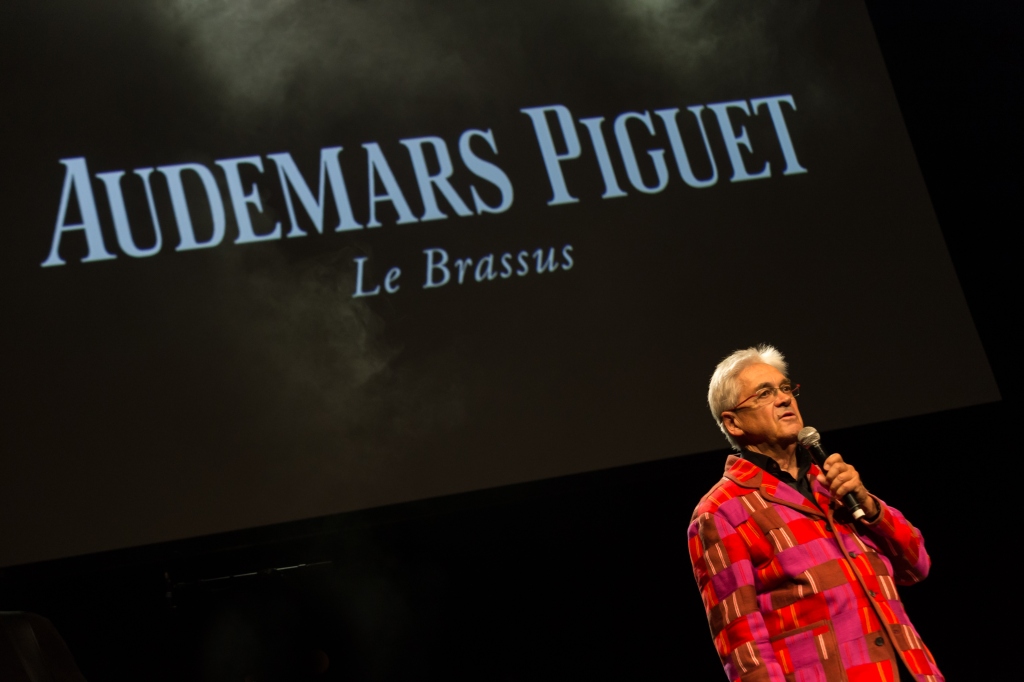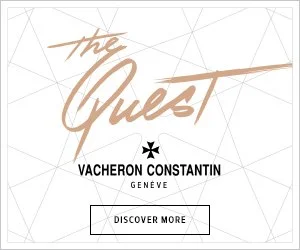Press Release
Montreux, 4th July 2013 - In 2010, Audemars Piguet, Montreux Sounds and the Swiss Federal Institute of Technology in Lausanne (EPFL) united their efforts with the aim of digitizing, restoring and preserving the precious archives of the Montreux Jazz Festival founded by the late Claude Nobs. A collection that amounts in several thousands of recordings hours of the best musicians in the world has now become the first audiovisual library to be acknowledged by UNESCO as part of its “Memory
of the World”, in an effort to protect the world’s intangible heritage.
Ensuring that Claude Nobs’ heritage continues to live for years to come, Thierry Amsallem, his partner, announced the creation of the Claude Nobs Foundation, with a goal of preserving and making widely accessible this invaluable collection of 5000 hours of live recordings covering almost half-century of musical history.
For Audemars Piguet, the Montreux Sounds Digital Project is perfectly aligned with the brand’s values of preserving its long heritage and tradition in fine watchmaking for the future generations in its birthplace La Vallée de Joux. Commenting on the recent announcement, Audemars Piguet CEO François-Henry Bennahmias, said: “Claude Nobs’ lifework was the inspiration for this project. He was a loyal friend of Audemars Piguet and we are delighted on this personal level to be part of this project. More importantly, we are proud to support a colossal effort that transforms this unique heritage into a top-class digital resource for the generations to come”.
Claude Nobs, a visionary man, valued immensely the world of music which is why he created Montreux Jazz Festival, something that has come to be an institution not only in Switzerland but around the world. Like all great ideas however it took a lot of convincing and insisting before Claude Nobs could persuade the TV stations to come and record the concerts. His vision was to build a music legacy for the next generations. Claude bought back the early archives from Swiss Television when he heard they were overwriting them and from then onwards he personally ensured that all concerts were systematically recorded and filmed. This legacy constitutes almost 5,000 hours of live audiovisual recordings encompassing almost half a century of the festival history, stretching from 1967 to 2012 and forms a unique collection that Quincy Jones has described as “the most important testimonial to the history of music, covering jazz, blues and rock”.
For more info click here.



















